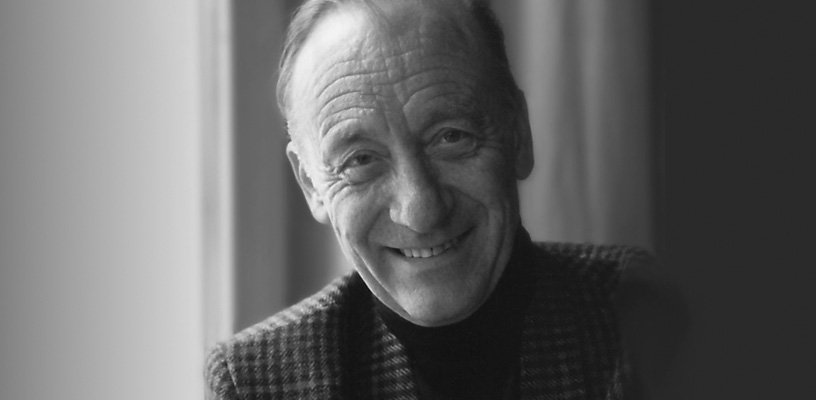Composer Rodion Shchedrin dies at age 92

On 29 August 2025, the composer and pianist Rodion Shchedrin passed away at the age of 92. His music fearlessly combined elements of folklore, archaic early forms of music and the avant-garde – creating a sound world that was uniquely his own.
The Russian composer and pianist Rodion Shchedrin died on 29 August 2025, at the age of 92. With his unmistakable individual style and charisma, the “Shchedrin phenomenon” as described by composer Alfred Schnittke, he became a cult figure in Russian music.
His works embraced both experimental techniques and tradition, from the folklore of his homeland and archaic early forms of music, combined with avant-garde techniques, from serialism to aleatory. He achieved worldwide popularity with his Bizet adaptation, Carmen-Suite, along with ballets composed for his wife, the legendary Bolshoi prima ballerina Maya Plisetskaya, who died in Munich in 2015.
Born in 1932 in Moscow as the son of a musician and a musicologist, Shchedrin studied at the Moscow Conservatory from 1950 to 1955, where he would go on to teach later in his career. His extensive catalogue includes symphonies, concertos, choral music, operas, chamber and piano works. In 1976 he was appointed a corresponding member of the Bavarian Academy of Fine Arts, and from 1989 he was also a member of the Berlin Academy of Arts. In 1992, his choral work The Sealed Angel was awarded the Russian State Prize for Literature and the Arts.
Shchedrin’s stylistic range extended from the richly illustrative music in Tolstoy’s Anna Karenina, to strictly constructed polyphonic scores such as the Bach-inspired Music fort he City of Köthen. As a distinguished pianist, he composed several piano concertos and solo works, among them the 24 Preludes and Fugues, inspired by Bach and Shostakovich. For the Bolshoi Theatre, he created not only an extensive cycle of ballets, but also the opera Dead Souls after Gogol.
As conductor Lorin Maazel once remarked, “his works may at first sight appear deceptively easy to grasp, but the artistic sophistication of his musical language leads us into the depths of his sparkling music, filled with acumen, irony, humour, joie de vivre and genuine comedy.”
Selected news and magazine obituaries (some may have paywalls or geoblocking):
The Guardian
Daily Telegraph
The Independent
New York Times
Gramophone
Operawire
Presto Classical
> Read more about Rodion Shchedrin
Photo: Rodion Shchedrin (© Milan Wagner)
